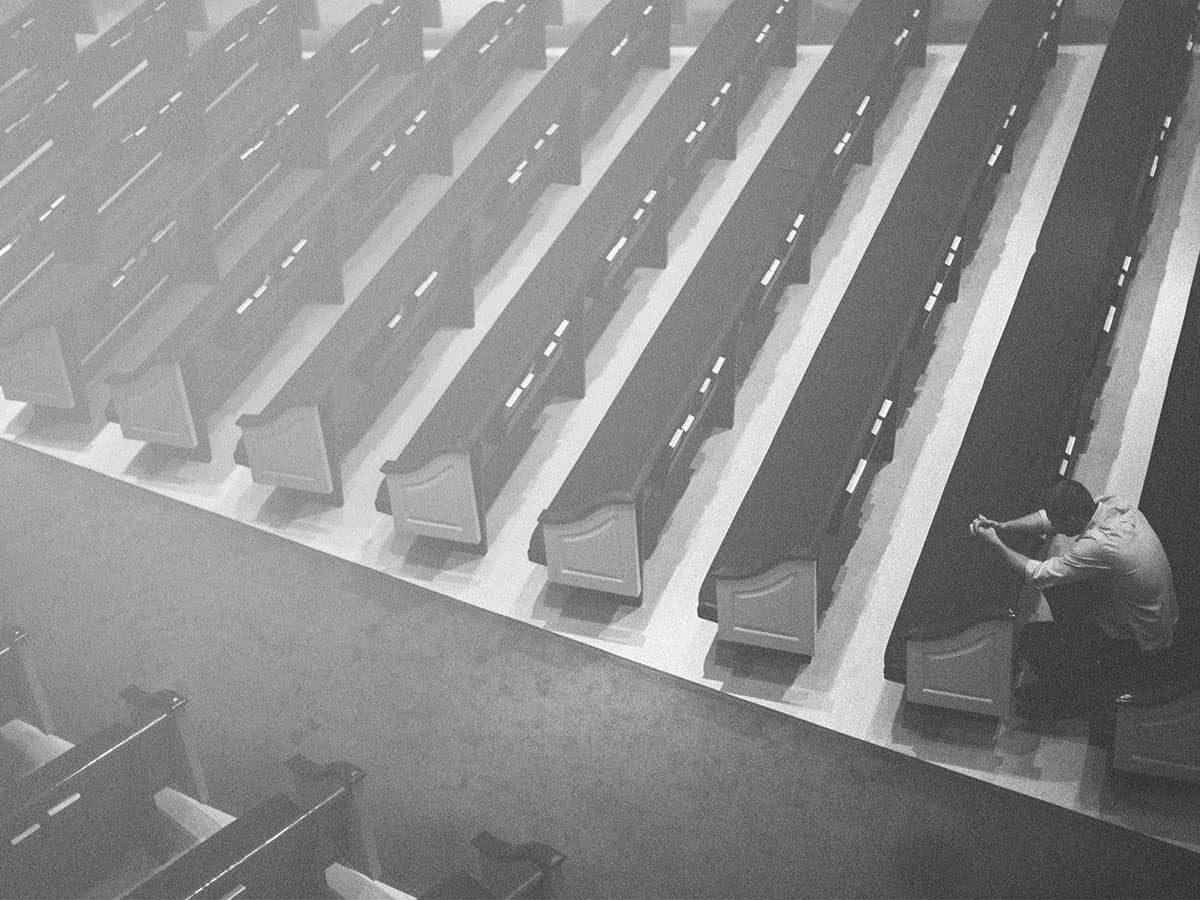
Canva.com
There is little to no reason why faith and science cannot be mixed. Many of the greatest scientists in history were devout Christians, and nothing has changed in recent years that precludes this from continuing to be true. God created this world which means that God created the processes by which it functions. By forming creation, God also formed the laws of nature. When He made mankind with an innate curiosity, He created the underlying reason science exists. People become scientists because they want to know why. Why does the world function the way it does? Why are certain things impossible? What is possible that humans have not yet experienced?
Interestingly enough, similar questions form the underpinnings of Biblical scholarship and interpretation. What does the Bible really say? What does it mean when it says this? Why does it say this and not that? What would be different if it said something else? Who wrote this section? What does that authorship mean for the text? The basic questions of who, what, when, where, why and how are as central to Biblical scholarship as they are to the physical sciences.
The fact that the same interest in understanding underlies both the investigation into God’s Word and into natural laws still does not leave everyone convinced that science and faith can mesh together without compromising either one. Part of the reason for this is the existence of miracles.
Miracles are something that even ordinary Christians sometimes have trouble accepting. The idea that Christ truly fed 5,000 people with what was essentially a boy’s lunch or that Jesus actually walked on water are somewhat difficult for a rationally minded person to believe. There is nothing to compare those incredible actions with and so there is no way for logic to accept them as true. That does not mean that a modern Christian cannot or does not believe that the miracles of the Bible occurred, it simply means that those events may be a bit harder for the Christian to really wrap their mind around.
When it comes to miracles, the incredible feats of Christ and the Apostles are easier to accept than those that take place in modern times. When modern miracles occur, people who were not present for the miracle are usually painfully swift to dismiss it as a hoax or try and find a logical explanation for the event. The former is problematic as it casts the recipient of God’s grace and healing as a liar. The latter, however, is not necessarily a problem no matter how much some people would like to cast it as such. Wanting to understand miracles is a form of wanting to understand God. No human can ever manage to do so entirely, of course, but that does not mean it is not an admirable goal. Logic, reason and curiosity can be applied to the study of God’s word in the Bible. Why could they not be used to try and understand the miracles He performs on His faithful?
Loosely defined, a miracle is an event that is impossible to explain but happened regardless. The most common miracles described today are miraculous healings. Naturally, people all over the world want to understand how a woman could suddenly be healed of her cancer or a man cured of his Alzheimer’s disease. Are the physicians bad Christians because they hope to be able to unravel a cure that could save millions? Of course not! They may fail in their endeavor, but they may also succeed if God has decided that His miracle will be what guides a researcher to the correct answer.
Many of the things that modern Christians take for granted would be considered to be miracles in the second and third centuries. Modern houses are made of stones made from liquid that are laid in place by horseless chariots taller than trees. Men and women can soar like eagles in giant metal birds. People can throw their voices across the ocean by speaking into a box that glows like a star. Homes are lit and kept warm by tiny, tamed bolts of lightning that run through thin metal snakes in the walls. How would those everyday objects–concrete, airplanes, phones, electricity and wires– not be considered miracles by early Christians? They would be baffled by those occurrences, to say nothing of what they would think of modern medicine.
Miracles are things that people believe are impossible, but they may not be impossible forever. Humans are extremely curious creatures and are not very good at taking “no” for an answer. Many a man and woman would consider “it’s impossible” as nothing short of a personal insult or pointed challenge. Show them a miracle, and they wish to understand it. This attitude in and of itself is not necessarily unchristian, so long as those doing the investigating understand that they may never get the answers they seek. Some miracles are meant to simply stay miraculous. That does not diminish their value or negate the attempts of others to understand the miracle. Miracles are, quite frankly, everywhere. Some of them are simply ones that people encounter so often that they do not even realize they are surrounded by miracles. Earth is a rock covered in water hurtling through empty space around a giant nuclear explosion along with a number of other rocks without colliding with each other. Humans are made up of trillions of cells each with separate DNA strands that are forever being perfectly copied without a single mistake. Plants and animals live on the slopes of mountains that regularly split open and spew fire into the air. Ice, in defiance of all other rules of solids and liquids, floats instead of sinks which keeps rivers and lakes from freezing completely solid every winter. In nine months, a pair of cells each with only half the DNA it needs to survive transform into a fully formed human being. Miracles are everywhere. What else, after all, is life itself but a miracle?

